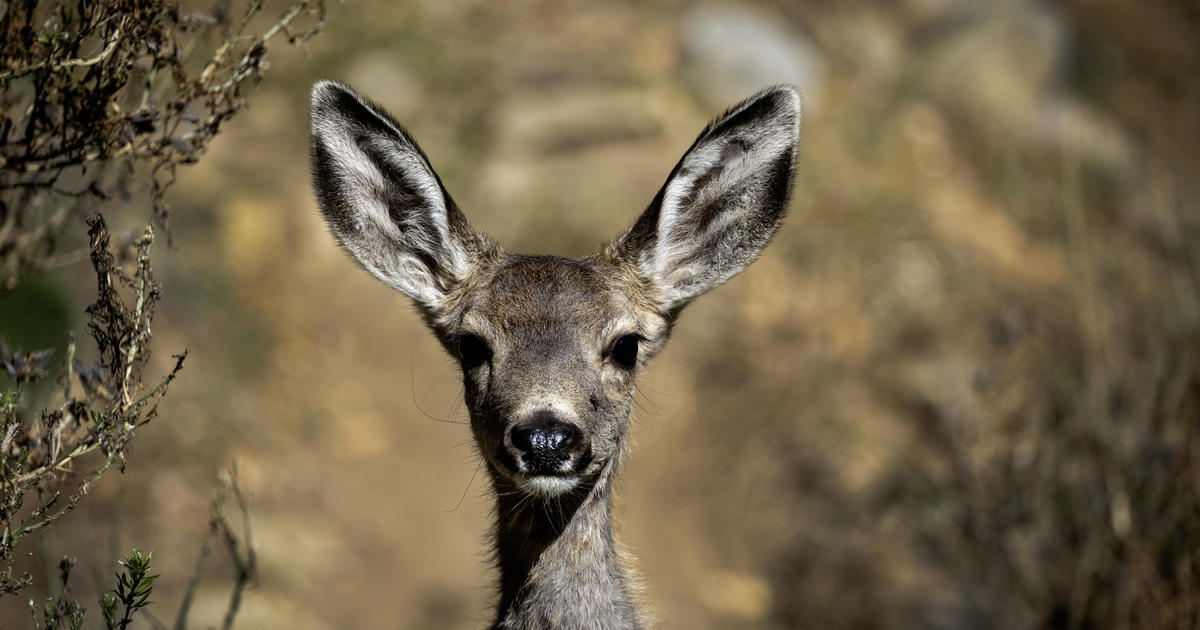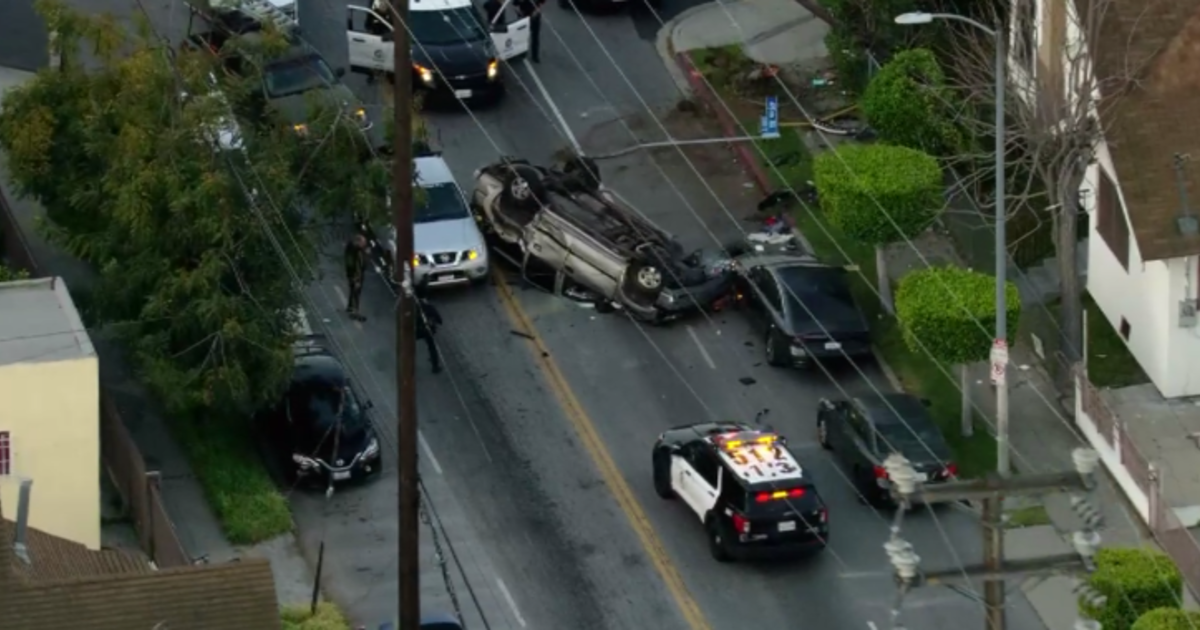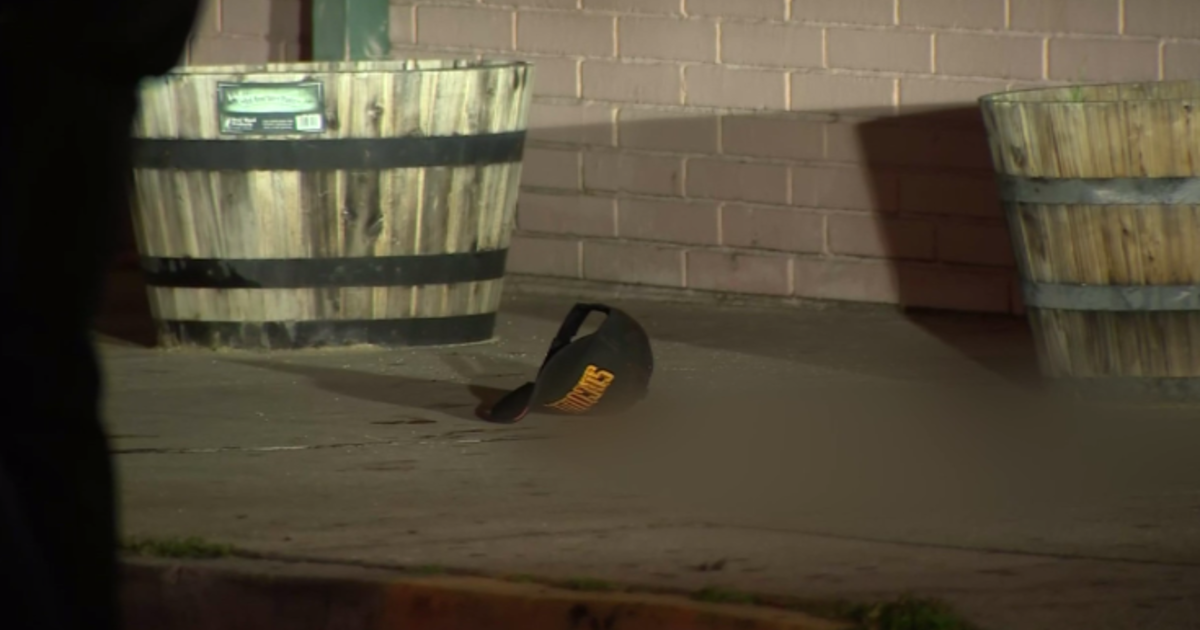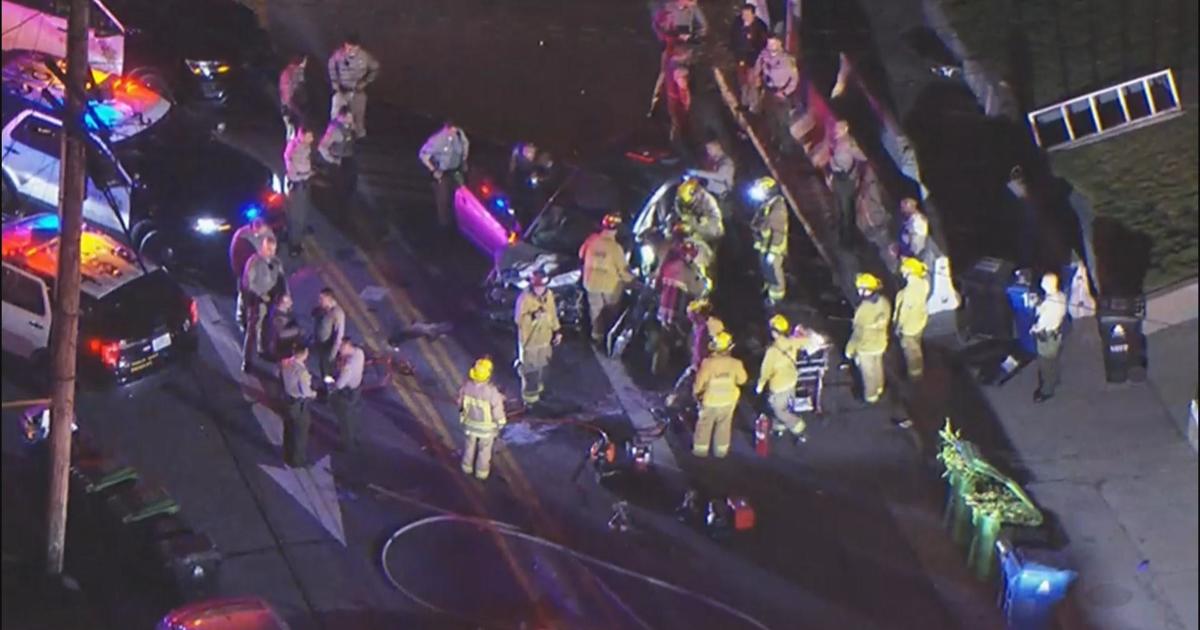2 LA Residents Vying For A One-Way Ticket To Mars
LOS ANGELES (CBSLA.com) — Two Los Angeles residents are vying for an unusual ticket—to Mars.
Sue Ann Pien and Mario Bonassin are Mars One mission candidates from an initial pool of 200,000 applicants. They are now two of 700 people left worldwide.
"There's so much for us to learn about and study on the planet, and I want to be one of the first ones to go there," Pien said. "It would probably be one of the most beautiful moments in my life. And I think it's gonna feel like home when I go to Mars."
"It's pretty exciting," Bonassin said. "Just the magnificence of it."
Norbert Kraft will select 24 finalists who will train and travel to the Red Planet in 10 years on a privately funded, non-profit Dutch mission.
"The participants want to go to Mars because they want to do something exciting," Kraft said.
Neither Pien, an online web programmer for an educational tech company, or Bonassin, who works in film post-production, have an aerospace background, but they are serious about this opportunity.
"I'm a little older, so I've kinda experienced a lot more. I've dealt with a lot of different people," Bonassin said.
"I've been an avid rock climber for probably over 10 years of my life. The best sport you can do to train your body. My entire life was training me for this opportunity. I feel like my dreams are coming true," Pien said.
NASA wouldn't talk specific about Mars One, but Steve Stich, the deputy director of engineering at NASA's Johnson Space Center, said any realistic timetable on a mission to Mars is at least 20 years away.
"There's a few things that we need to perfect. The technologies aren't quite where we would like them to be for a Mars mission," he said.
KCAL9's Suzie Suh reported that includes mission technologies like the effects of space on the human body.
"We're understanding how they work and adapt in gravity, how their bones, cardiovascular system, and muscles perform," Stich said.
One major difference between Mars One and NASA is the former is a one-way ticket.
"I think it takes a certain type of personality to want to be able to take off and do this. I've done this my entire life," Pien said.
"I know how to work with people. I'm used to confined spaces," Bonassin said.
The participants will live in pods forever.
"I love my family. I feel like as the time gets closer, it's going to get harder," Pien said. "My dad, for instance, is secretly a little bit fearful because he's wondering about the technology and if we could really pull it off in 10 years."
"I look up at the sky and see Mars and…I could be living on that little dot in 10 years. I love it. I think it's awesome," Bonassin said. "If I have to be the first person to go and risk my life to do it, I'm willing to."
Asked what they'll miss the most about Earth, Pien said, "The beach, the sun, animals, my friends and family, the beauty of the planet." Bonassin said, "Waking up to birds in the morning, I'll never hear that again. Unless it's recorded."
Mars One initially plans to send four people to colonize Mars. While they haven't figured out all the details, they estimate it will cost $6 billion.



